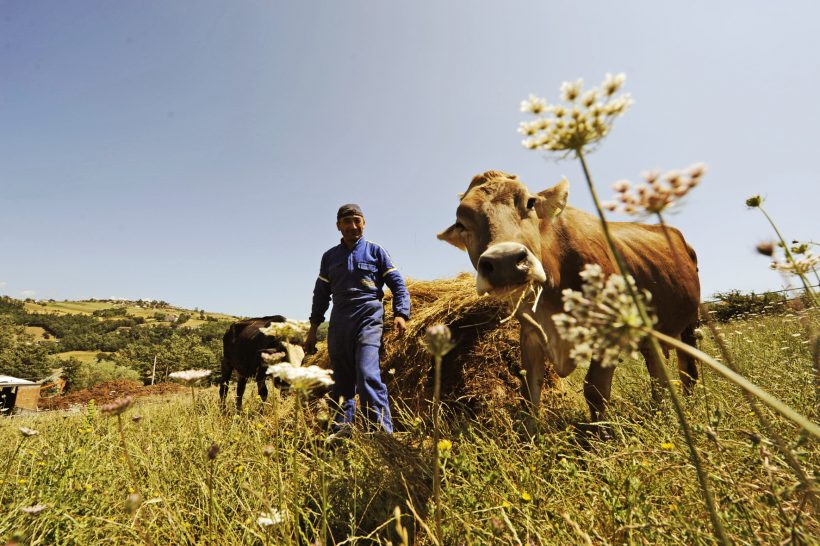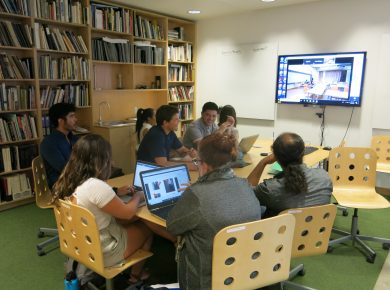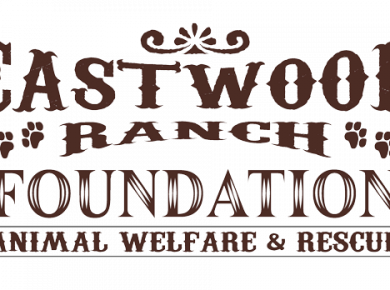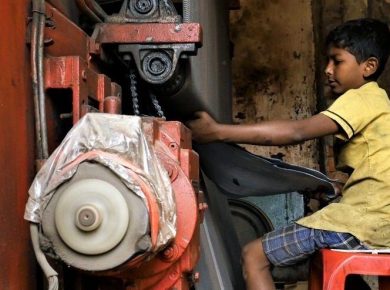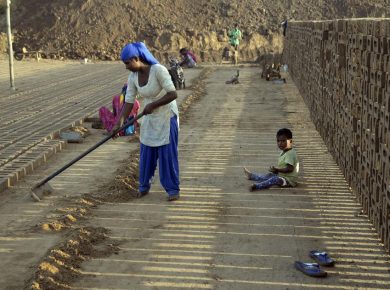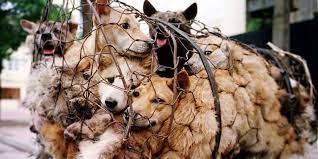Also discussed was the primary block to change: income. Many farmers are already saddled with mortgages and debt, making the expense involved in transforming existing facilities to alternative infrastructures prohibitive. The seminar looked at possible solutions, including Green Bonds, also known as Climate Bonds, which raise funds for new products that deliver environmental benefits and create more sustainable economies. One option was that Major companies are already investing in Green Bonds. One option was that farm collectives could offer their land as collateral, in return for wiping out their debt and becoming part of a professionally overseen transition to plant-based agriculture.
A second possible response sees groups of local farmers joining forces to transition to a particular product or selection of products, simultaneously saving costs and creating economies of sale, while opening up markets and allowing for contracts with plant-based companies looking for specific ingredients.
Refarm’d CEO Geraldine Starke is attending the second summit, taking place next year, with former dairy farmers Katja & Jay Wilde. “We need a lot of different methods to bring change into this system,” she says. “it’s heartwarming to see so many people involved. At our own little scale, we at Refarm’d also hope to contribute in bringing added solutions for farmers who want to get out of the dairy industry by helping them become plant-based milk producers and turning their farmland into animal sanctuaries. We try to create low investment, low risk schemes where we provide the equipment and the training and handle the logistics and the marketing around it all. We just launch our third farm today and are excited about the year to come where we aim to work with much more farmers.”
Global campaign group Animal Rebellion works to highlight the contributions of animal agriculture to the climate emergency, demanding that governments support farmers who want to change. “We’re seeing growing sense of crisis as the way we’ve lived for generations is increasingly revealed as a source of injustice, oppression and destruction,” says spokesperson Harley McDonald-Eckersall. “We are facing an intersection where we can choose to support a system of destruction that’s causing instability and inequality – or transition to one which allows us to live within our values, which is sustainable, just and which provides for the future of our families, our country and our world.”
Compassion in World Farming’s Global Senior Campaign Manager, Mandy Carter, agrees: “The escalation of the environmental tragedies that we have been causing, such as deforestation, soil degradation, biodiversity and ecosystems loss, water and air pollution, prove that we desperately need to rethink our food system and its impact on the world. Factory farming contributes to each of these issues, and the current pandemic has raised alarms about the very real potential for another viral outbreak due to human encroachment on animal habitats. We must preserve our planet, reduce animal suffering and protect ourselves – and a huge part of that would be ending intensive animal farming.”
All is possible and, as awareness grows, the will to change will also expand. With the world on course for a catastrophic 3.2 degree rise in temperatures, according to the UN Environment Programme, and with more and more people around the world waking up to the cruelty endemic in current agricultural systems, that change cannot come fast enough.
